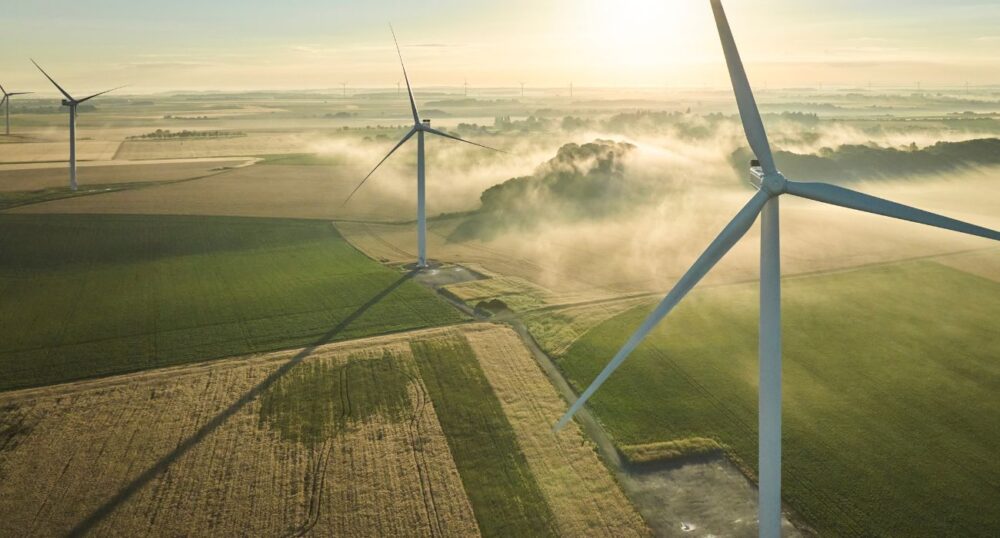A proposal for a second offshore wind energy auction for submerged land off the coast of Texas has drawn opposition from Texas Land Commissioner Dawn Buckingham, who sent a letter to the Bureau of Ocean Energy Management calling for the auction to be reconsidered.
In her letter, Buckingham accused President Joe Biden’s administration of force-feeding “failed ‘green policies'” on Americans.
She noted that one of the largest commercial producers of offshore wind farms recently announced it was canceling two proposed projects off the coast of New Jersey and “repositioning” a proposed wind farm off the coast of Maryland due to unfavorable market conditions for the renewable energy industry.
Buckingham also cited Biden’s push to require all new passenger cars sold in the U.S. to be electric by 2032 while preventing the construction of natural gas-fired power plants essential for producing enough electricity to meet an already rising demand for power.
While reports indicate demand is still strong for electric vehicles, a report by The Washington Post indicates buyers are cooling on purchasing such vehicles over concerns of range, cost, and a lack of infrastructure.
“Automakers have moved from rosy to reality because consumer acceptance has grown more slowly. So they are looking at kind of slowing their rollout,” said Michelle Krebs, an industry analyst with Cox Automotive, per WP.
Last year, the Bureau of Ocean Energy Management attempted to auction off 200,000 acres off the coast of Texas for wind leases but received no bids. Now, the agency is looking to auction off a substantially larger property of more than 410,000 acres. The site would be home to hundreds of massive wind turbines.
Buckingham pointed out the tremendous cost of building just one wind turbine, which uses 335 tons of steel, nearly five tons of copper, two tons of rare earth elements, over 1,200 tons of concrete, and as much as 1,400 liters of oil. She also pointed to a study by Carnegie Mellon that claims there is a 25% chance that more than 10% of wind turbines in the Gulf of Mexico will be destroyed within 20 years due to hurricane activity.
She also highlighted the likelihood that such wind farms would damage the environment, with significant consequences for birds, fish, and other wildlife. The wind farm would also impact navigation and allegedly end commercial fishing opportunities.
Offshore wind farms remain one of the main options for enhancing renewable energy in the United States. According to a report from the American Geosciences Institute, offshore wind turbines can generate more power than land-based designs because oceanic winds tend to be stronger than land-based breezes and are more stable.
Offshore wind farms offer a way to increase renewables without unsightly land-based farms or solar panel fields. When built far enough from shore, the wind farms do not typically impact scenic views like land-based operations tend to do.
In concluding her letter, Buckingham noted that, as commissioner of the Texas General Land Office, she has been tasked with deciding whether to approve the easements needed for transmission lines from the wind farms to the shore if the project moves forward. She promised to objectively consider whether the matter would be in the state’s best interests.
“As of now, I see a number of significant concerns — economic, practical, and environmental — that must be addressed before a prospective wind lessee is permitted to cross state-owned submerged land,” she wrote.

